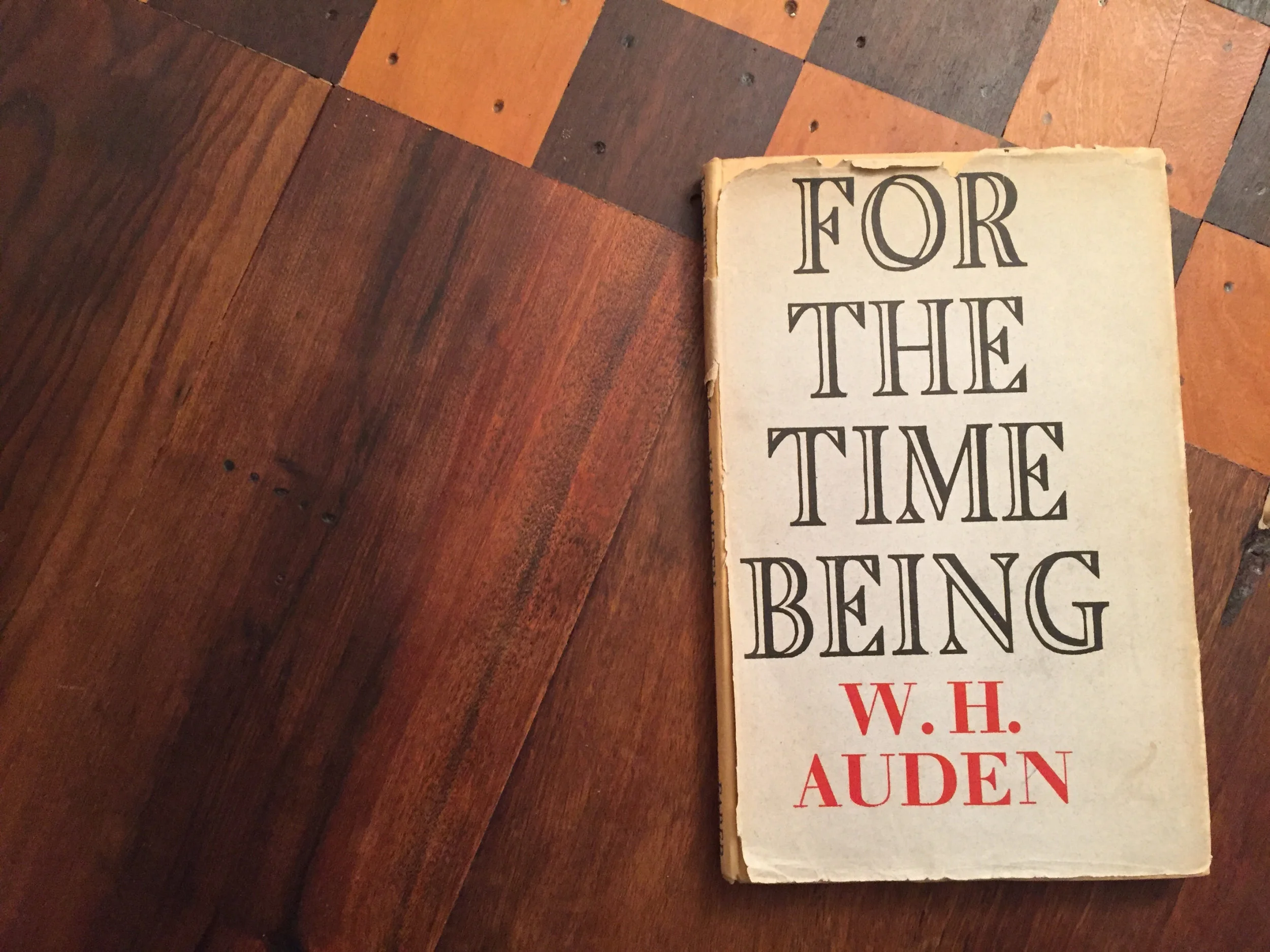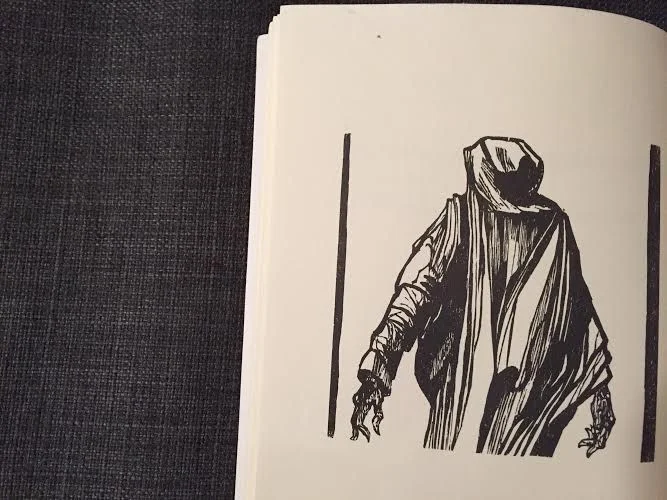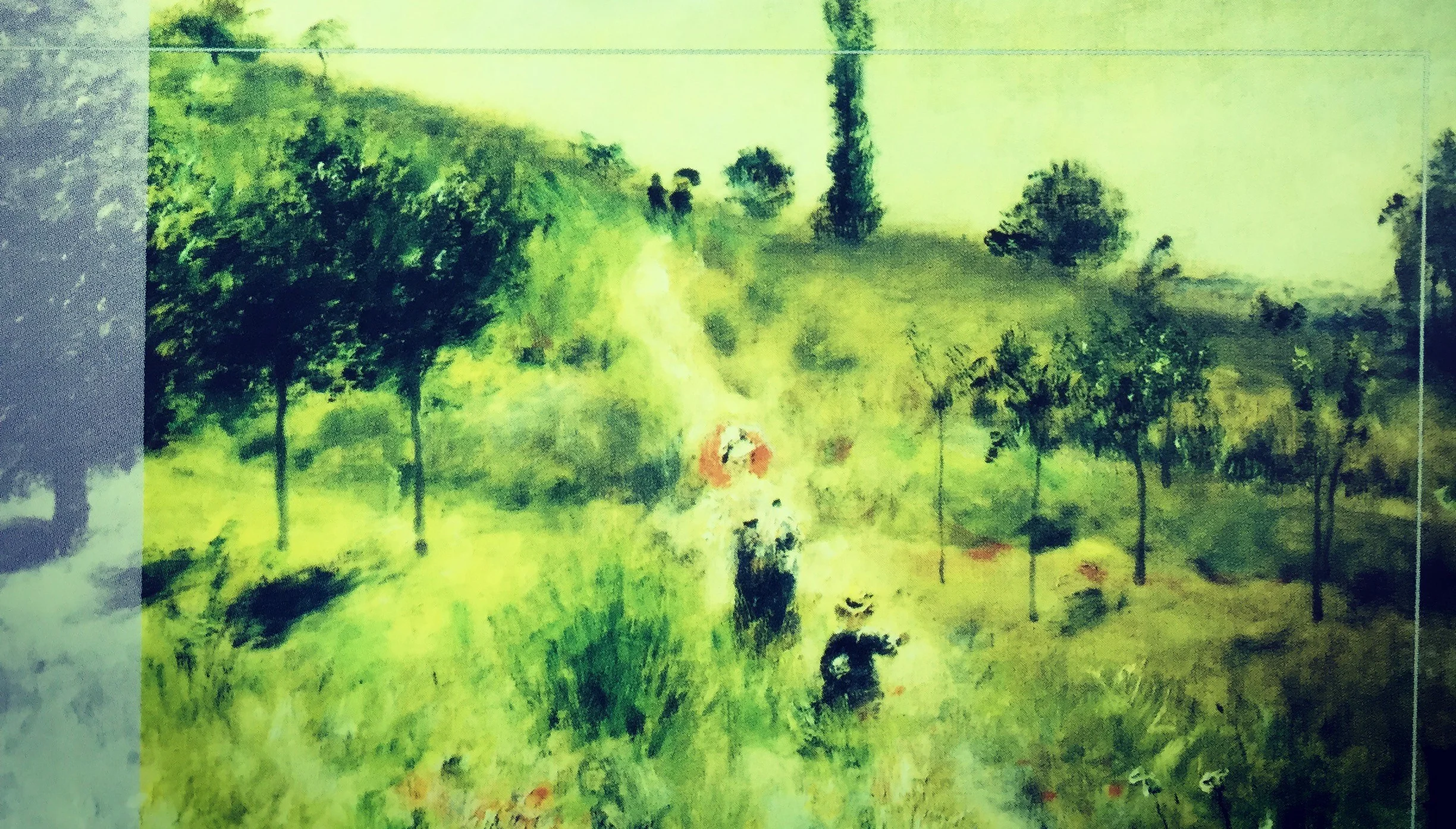Emily Wilson's Translation of The Odyssey
Personifications of The Iliad and The Odyssey as represented in "The Apotheosis of Homer" by Jean-Auguste-Dominique Ingres
Over the course of about 10 years, Odysseus sailed to and fought in Troy. His skill as a warrior earned him Achilles’ armor. He was responsible for the wooden horse that gained the army’s entrance to the city and ultimately led to a Greek victory. The Greeks devastated Troy, also known as Ilium — from which we get another Homeric poem, The Iliad, that takes “rage” as its theme.
Knowing this much is useful before taking the plunge into Homer’s other epic, The Odyssey — a poem devoted to the twists and turns of this hero, Odysseus. At least, that’s how we saw him last. A hero.
When I told friends I was reading a new translation of The Odyssey, most people offered up the last time that they saw Odysseus was in high school. Some memory of the Trojan horse, the cyclops, the sirens, getting home, and killing the suitors who courted his wife. These wanderings, that take up about another decade of Odysseus’ life, comprise most of our imagination about this mythical Odysseus. A MacGyver out at sea, glittering, heroic.
Odysseus can be all these things. But this new translation by Emily Wilson made me realize something about The Odyssey that wasn't so clear before. We aren’t reading this epic to be entertained by the wiley tricks — entertaining though they may be. Rather, we find Odysseus as a person in society who suffers beyond his imagination. A man whose fate is not to die but suffer brutally.
I’ve read the Odyssey a couple times now, mostly for school. The wanderings where he eludes monsters and death, the stormy seas, he reasons with witches, he fights with and protects his crew — this glittering idea of the king always got in the way of me really understanding who Odysseus was.
What difference does a translation make? Let’s consider the opening lines.
Unless you’re a generation ahead of me, Robert Fagles’ 1996 translation is probably the version you read in high school or college. Fagles begins:
Sing to me of the man, Muse, the man of twists and turns
driven time and again off course, once he had plundered
the hallowed heights of Troy.
Many cities of men he saw and learned their minds,
many pains he suffered, heartsick on the open sea,
fighting to save his life and bring his comrades home.
Six beautiful lyrical lines. But sometimes we should caution ourselves against beauty, like Odysseus with the sirens. In Emily Wilson’s translation we find something more subdued, a call to the Muse to explain an oddity:
Tell me about a complicated man.
Muse, tell me how he wandered and was lost
when he had wrecked the holy town of Troy,
and where he went, and who he met, the pain
he suffered in the storms at sea, and how
he worked to save his life and bring his men
back home.
“Sing” vs “Tell” — “the man” vs “a man” — “twists and turns” vs “complicated” — “driven time and again off course” vs “he wandered and was lost” — “plundered” vs “wrecked” — "many pains" vs "the pain” — "fighting to save his life" vs "he worked to save his life."
The differences become clear. When the text is apotheosized into English, embellished, cleaned up, it's possible that Odysseus is made to be better than he really is — like when Athena takes a shabby Greek and brightens his complexion, enlarges his muscles, heightens his stature, or tosses his hair with curls. But all for what? We should appreciate Odysseus for who he is without embellishments.
A difference I find revealing is that a hero will “fight to save his life” but if Odysseus was more an everyman than a hero, perhaps it’s more fitting that Odysseus worked to save his life. That is to say, Odysseus doesn’t suffer heroically; he suffers like the rest of us.
The wanderings then reflect what a person does with suffering. She might use trickery. He'd maybe boast like to the Phaeacian athletes, or fib like to the Cyclops. Your arrogance may get the better of you. When it becomes too much, you might be like Odysseus on the island of Ogygia and sob for years on end at the shore. But other times —many times— the strongest thing you can do is tell it straight, like Odysseus to Queen Arete of Scheria.
That person's survival might depend on their ability to assess their cause of suffering and adapt as best they can. In Wilson's introduction to the text, she says the most heroic thing Odysseus does is survive. The Odyssey is "the story of a man whose grand adventure is simply to go back home, where he tries to turn everything back to the way it was before he went away."
The achievement of making Odysseus more like a human and less like a god is we recognize that life in our time. The wanderings texture the king, but we see something wholly bizarre when he returns home. If we imagine the epic split into three sections, the final third of the poem felt the most modern, the closest to our current political climate.
This final section of The Odyssey tells of Odysseus sneaking into his own home without anyone knowing. Over the last ten years, there have been 100 plus suitors courting his wife. Day after day they eat and drink away the kingdom's wealth. They've started to hope Odysseus is dead — or plot to kill him if he does return. Once he reunites with his son, Odysseus is dressed like a beggar and snuck into the castle. There is an archery contest held to marry Penelope, where the suitors must string Odysseus' bow and shoot through the holes of 12 axe heads. No one can do this except Odysseus, disguised as a beggar. Once he strings the bow, we find the king decimating the suitors.
I initially was curious to re-read The Odyssey for this scene as I imagined democratic leaders taking over US congress in upcoming midterm elections, impeaching the president, shaming every unfaithful actor through court and putting them in jail for their hateful acts in government. Greek stories usually focus on how one action ripples through generations. So entertaining the analogy, I was curious how the removal of all the atrocious suitors would play out with their families. Outraged, and banded together in somewhat of a political vacuum, the families of these men try to overthrow the king. The only thing to stop infighting and civil war is that Athena intervenes. She demands peace. May we pray for Athena in November, but it's a sobering lesson that there is no way to turn things back to how they used to be.
Anybody reading in the United States can easily imagine an island in crisis, where those in power are exploiting resources for corrupt purposes, with nothing to say for an end goal but to intimidate, sexualize, and financially rip off one woman.
Or imagine Odysseus as the transgendered Marine, who volunteered for a war that was truly absurd (a wife left her husband in Sparta) and fought valiantly for ten years, but then is barely accepted at home by their community. They don't know who they can trust anymore.
Having spent a week hearing about the ungodly separation of children from their parents at the US-Mexican boarder, I welled up reading the lines where Odysseus and his son Telemachus are reunited. Their cries lamentation are compared to eagles and vultures "when the hunters have deprived them / of fledglings who have not yet learned to fly."
This is not to say Odysseus is a perfect leader. It's deeply disturbing when he calls for the murder of all his slave women who were sleeping with the suitors in his castle.
It seems to have everything. Mansplaining, even — the oldest poem in the western world. Back on Ithaca, there is this remarkable scene where a bard is singing a tale to the suitors about Odysseus lost at sea because Athena allegedly hates the Greeks. This causes Penelope a lot of pain to overhear. She tells the bard to stop, and then neckbeard Telemachus rushes in and — as the classicist Mary Beard puts it — for the very first time in literature tells a woman to shut up. He explains that it isn't the poet's fault for telling how things are, but Zeus' for making him skilled in singing verse. This is the queen of Ithaca.
And the irony of all this is that the poet is wrong, and Telemachus just unknowingly spoke to Athena who is doing everything in her godly power to get Odysseus back. That the bard is feeling compelled to tell a story that blames Athena is more revealing of a misogynist that Homer, in his own skill as a poet, seems to underline. So if Telemachus just shut the fuck up himself for once maybe he could learn to be a decent young man.
It startles you when a poem written several thousand years ago makes you stand up in a fit and stomp around and hate the world.
We sometimes make the mistake of conflating ancient art with a distant past. We can delude ourselves with ideas progress or find the mythology too remote. Reading any poem in translation means we are going to deal with the decisions of the translator and their time. Personally, I was grateful not to be transported to an imagined past of grandeur.
Perhaps, most of all, this latest translation will patch the ship of readers who say poetry goes over their heads. They will find richness in the story, in its accessible language, and its ability to find our place amidst time and family and faith and politics. And with it the poem, I believe, will set a tone for all future translations. Now that we've seen for the first time what Wilson has shown us, I can't imagine the poem ever going back to how it was before.






